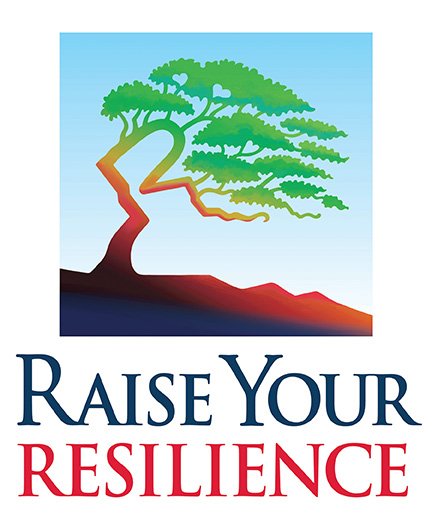Our community was already reeling from the November deaths of three young men, who were killed by a drunk driver when, on Christmas Day, part of a tree fell on a passing vehicle, killing a 9-year-old girl. “Zippy” was the daughter of a well-known and loved family in the community. As an EMT on duty, I responded to that call, and it was my perfect storm.
My life essentially came undone after that. I had lost my job a few months before, was homeless for a while, lost my marriage,and had a whopping case of PTSD, which I couldn’t name at the time. I just felt it — as did everyone around me. Because of that call, I experienced my first and only single phase critical incident stress debriefing (CISD) in the 15 years I spent serving as a volunteer firefighter/EMT.
For weeks after the call, I would break down crying anywhere and everywhere. One day, while in a local coffee shop, I could feel it coming on. I never recognized the triggers, I just felt the unstoppable flood approaching. I sought out the back room, which was usually empty, sat down and cried. Eventually, Petra, who I’d met there a few months earlier, walked in. Knowing that I’d responded to that call, she asked, “Who takes care of you guys?”
“No one,” I replied. I told her about the CISD, and yet, here I still was, crying. I have since learned that the efficacy of single session CISDs can be as harmful as helpful, if not more so. She felt something was wrong with that picture. She orchestrated a grief counseling event for the entire community, but was unsatisfied with the results. Someone needed to help these emergency responders. But who? She was just an English major, what could she do? Then she realized that she could ask healers to help and built a website that listed those who were willing to offer free care to emergency responders. It was a safety net for our community’s safety net. And the nonprofit organization Whidbey CareNet was born.
Used by permission of Paul Combs
I was asked to serve as co-director, and we soon discovered how hard it is for helpers to ask for help. Providers were eager to serve emergency responders, but were disappointed when they failed to take them up on the offer of free care. Petra and I became more and more interested in empowering responders to help themselves and began looking for tools that could prevent stress and trauma rather than relieve it after the fact.
One day, a retired firefighter from Canada told us we needed to check out what Dr. David Berceli was teaching about healing trauma. Within weeks, we were in Canada with Dr. Berceli, learning TRE®.
It was Dr. Berceli who first suggested that I take a test to determine whether I had PTSD. A year later, I took it and could finally name the affliction that haunted me. Fortunately, I also had a new tool with which to cure it.
I entered into a period of full-blown PTSD anxiety symptoms, and I had to learn how to use my new tool to deal with it. I was able to dial TRE in and found that doing just enough of it kept me relaxed and feeling safe enough to function. As the trauma released, my symptoms dissipated, and I was able to adjust my use to accommodate the greater capacity that my system developed. In the process, we also learned about other tools that are effective in helping to mitigate stress and trauma symptoms. Tools like mindfulness, writing, emotional intelligence, breathing techniques, and yawning.
From all that experience, a new business was born, one we named because of what we experienced and wanted others to experience: Raise Your Resilience, LLC. I discovered that I could heal the PTSD I had, I could heal the neglect and trauma of my childhood, the later addiction, the passive aggressive behavior, the disconnection, the dissociation, the anxiety, the hypervigilance, the flashbacks. I learned I could address the backlog of stress responses I had stifled from my past, and live more fully in the present moment.
Our research led us to understand how stress and trauma affects neurological development, psychological integration, relationships, and physical health. We also learned how the tools we use can heal us, restore our organism’s balance, and can return us to health.
I survived my perfect storm. I cured my PTSD, and I don’t spend my time having to control my symptoms or take meds to mask them. I am spending my time living my life. I want to help others live theirs, so they can get onto the trajectory of embodied wholeness. This is why we do what we do.
I know life is tough. But I also know from personal experience that you can grow through it.


